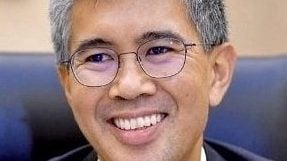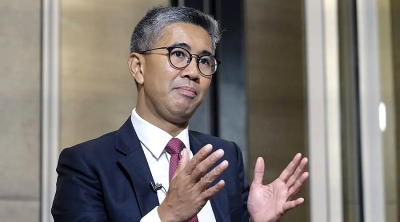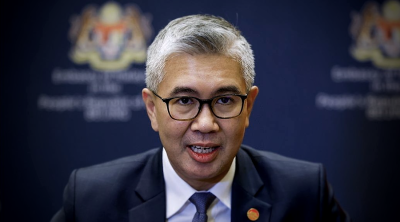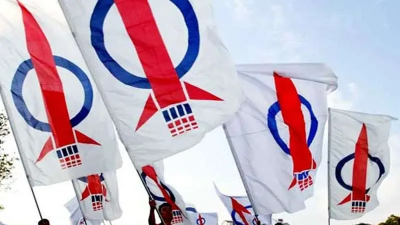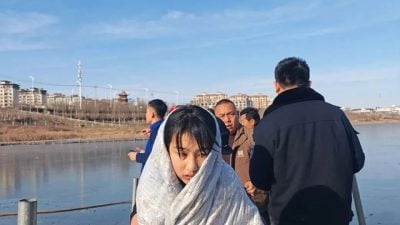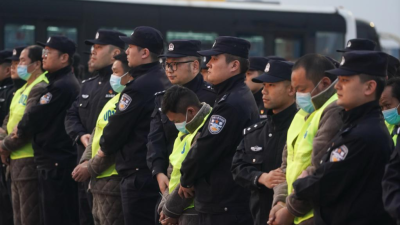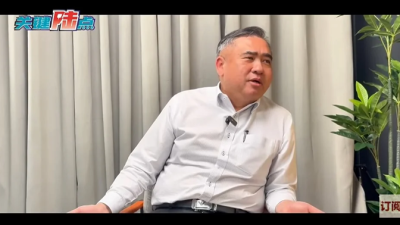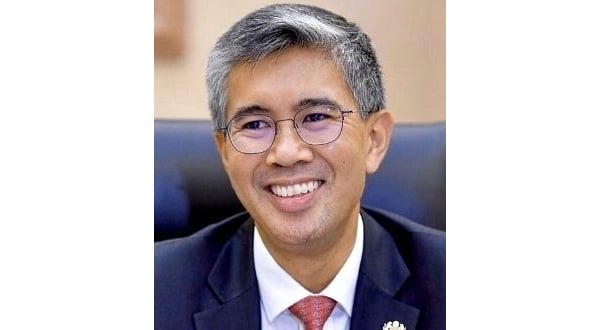
By now, millions of Malaysians would have crisscrossed the country following the lifting of the interstate travel ban on Monday. Some are out to fulfill their wanderlust but for many it is a long awaited heartfelt journey to meet their loved ones, perhaps for the first time after the ban was imposed earlier this year.
By any account, the lifting of the inter-state travel ban on Oct 11 marks an important turning point for Malaysia after nearly 20 months of battling an invisible enemy that has left a trail of public health and economic damage in its wake.
Yet, if there is anything that Malaysians are known for, it is our resilience. History has shown that we are hardwired to thrive amid any crisis. But will the pandemic make us stronger? Can we survive a repeat of this crisis? Herein lies our opportunity to ensure that this crisis does not go to waste.
Four key lessons from the pandemic
Prior to 2020, no country in this world had a pandemic playbook. Since last year, we have gathered not just knowledge about COVID-19, but also wisdom. The cold, brutal fatality of COVID-19 aside, we have warmed to the rich expressions of caring for and connection with our fellow human beings in equal measure.
Indeed, one silver lining to this pandemic is that it has forced us to be more strategic, creative and experimental. In fact, strategy, creativity and the courage to experiment are what we need to firmly set the nation on its healing journey towards the new normal. Related to this, I would like to share four key lessons that I feel represent the ‘how’ on healing, and on how we could be strategic and creative at the same time.
Lesson number one centers around our readiness for another pandemic. As a nation, we can be proud of having one of the world’s fastest vaccination rates, but how do we enhance our resilience for future shocks? Covid-19 may not be the last pandemic to hit our shores, but we must make it the last time the country is caught in a zero-sum game of choosing between lives or livelihoods.
Can we use this crisis to fix our public health system, medical infrastructure and industrial capacity? Perhaps we can learn from South Korea, which was poorly prepared for SARS several years ago, but learnt fast such that when COVID-19 hit, the country was able to bounce back quickly.
A few months back, the Operation Surge Capacity for the Klang Valley proved to be our commendable debut in COVID crisis response. It is exactly this capacity that we need to be able to scale up swiftly and effectively in the face of another crisis.
Lesson number two: it is crucial to go digital. Digitalization is a game-changer that can close the income gap between the haves and have-nots. During the various stages of lockdowns in the country since March 2020, we saw how tech grew as an economic enabler. Even those selling nasi lemak by the roadside have used socmed accounts to ply their trade online.
But we need to strengthen our nationwide digital backbone, so that even Malaysians in rural areas have access to tech-enabled opportunities. Our Digital Malaysia policy is set out to achieve this. We must embrace technology like 4IR, 5G, Big Data and Machine Learning, or risk being left behind in an increasingly tech-driven economy.
Lesson number three: let’s build up our strategic supply chain. At the start of the crisis, we were struggling to procure masks, ventilators, respirators and other medical equipment required to save lives. If we are heavily reliant on imports, what will happen if borders are closed again? And what about our food security? This is also the best time to embed sustainability in all its forms—including social and environmental—into our supply chain principles because increasingly, sustainability and the bottom line are no longer mutually exclusive.
Lesson number four: this is an opportune time to strategically address the structural issues that have prevented us from realizing our true socioeconomic potential.
The pandemic has highlighted many of the country’s deep legacy faultlines. One of these is our job creation capacity. Since early 2021, through the National Employment Council (NEC), the Government has sought to create 500,000 new employment opportunities. In September, we successfully breached the 390,000-mark and God-willing we are on track to hit our target by December. Unemployment was at 5.3% in May 2020, but gradually reduced to 4.6% last August.
But the NEC goes beyond job creation. It is also strategic about job quality, and capacity building, like ensuring that graduates’ skills match industry’s needs; reskilling is provided to enable redundant jobbers to pivot to different industries; vocational education is properly developed; and entrepreneurship is continuously nurtured. This is the NEC’s holistic strategy to build resilience in our people.
RMK12 and Budget 2022
Recently, the 12th Malaysia Plan (12MP) was unveiled, outlining the country’s economic vision for the next five years. There are many goals reflected in the 12MP, but it is always the annual budget that brings to life the execution of our five-year plans at a more granular level.
On October 29, I will be tabling Budget 2022. As important as short-term policies are in driving our socioeconomic recovery in 2022, it is equally critical that we pursue longer-term institutional and fiscal reforms, like the four lessons above, for rebuilding our resilience, so that we are better prepared to face any similar major setback in future.
Since the reopening of domestic and soon, international borders, our economic recovery has shifted to higher gear — and is poised for a speedy rebound. I am confident that as our recovery gathers momentum, we will come out of the pandemic stronger than before. We must ride on this momentum, and curate a better Malaysia that all Malaysians deserve.
(Tengku Zafrul Tengku Abdul Aziz is the Minister of Finance, Malaysia.)
ADVERTISEMENT
ADVERTISEMENT






